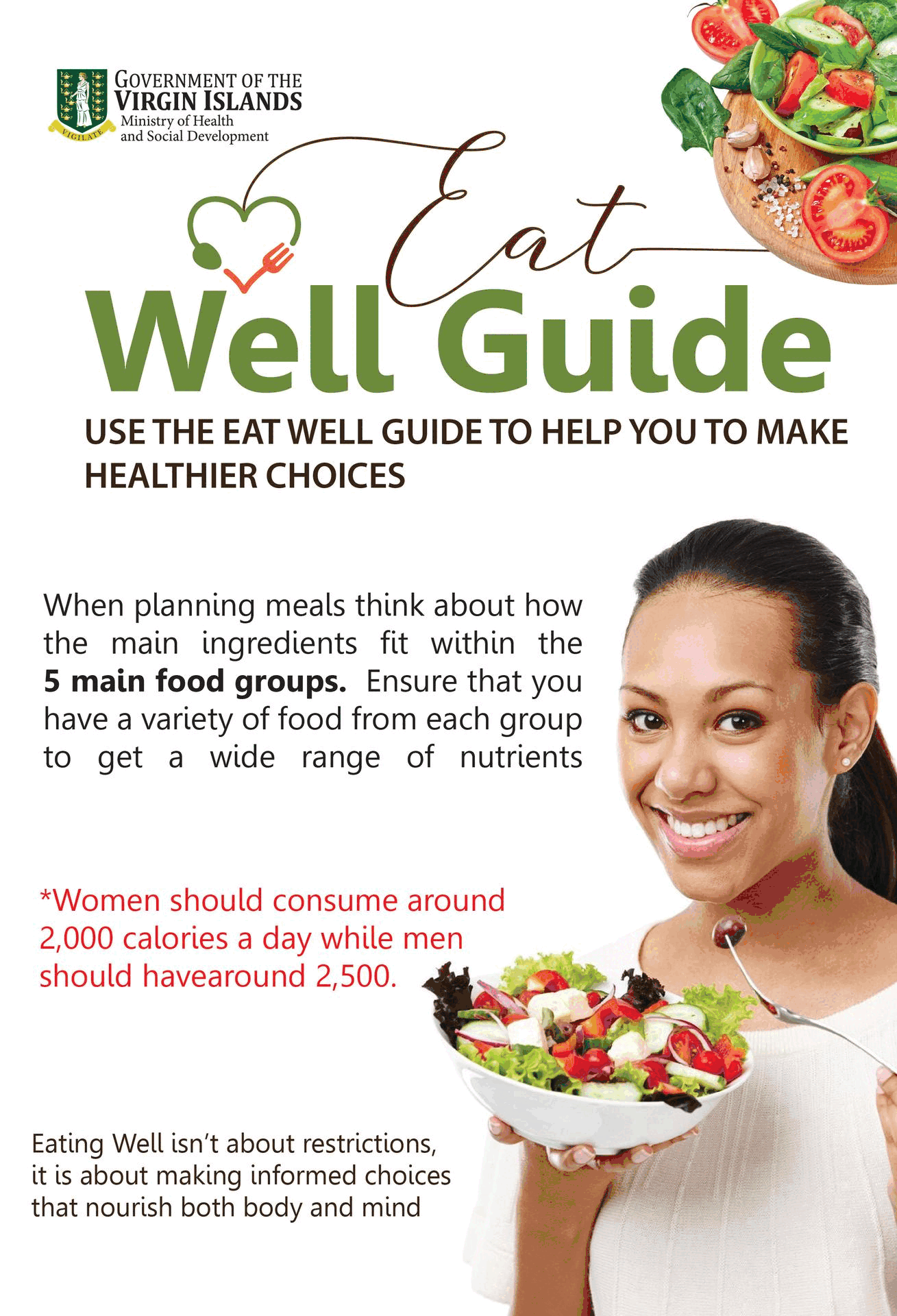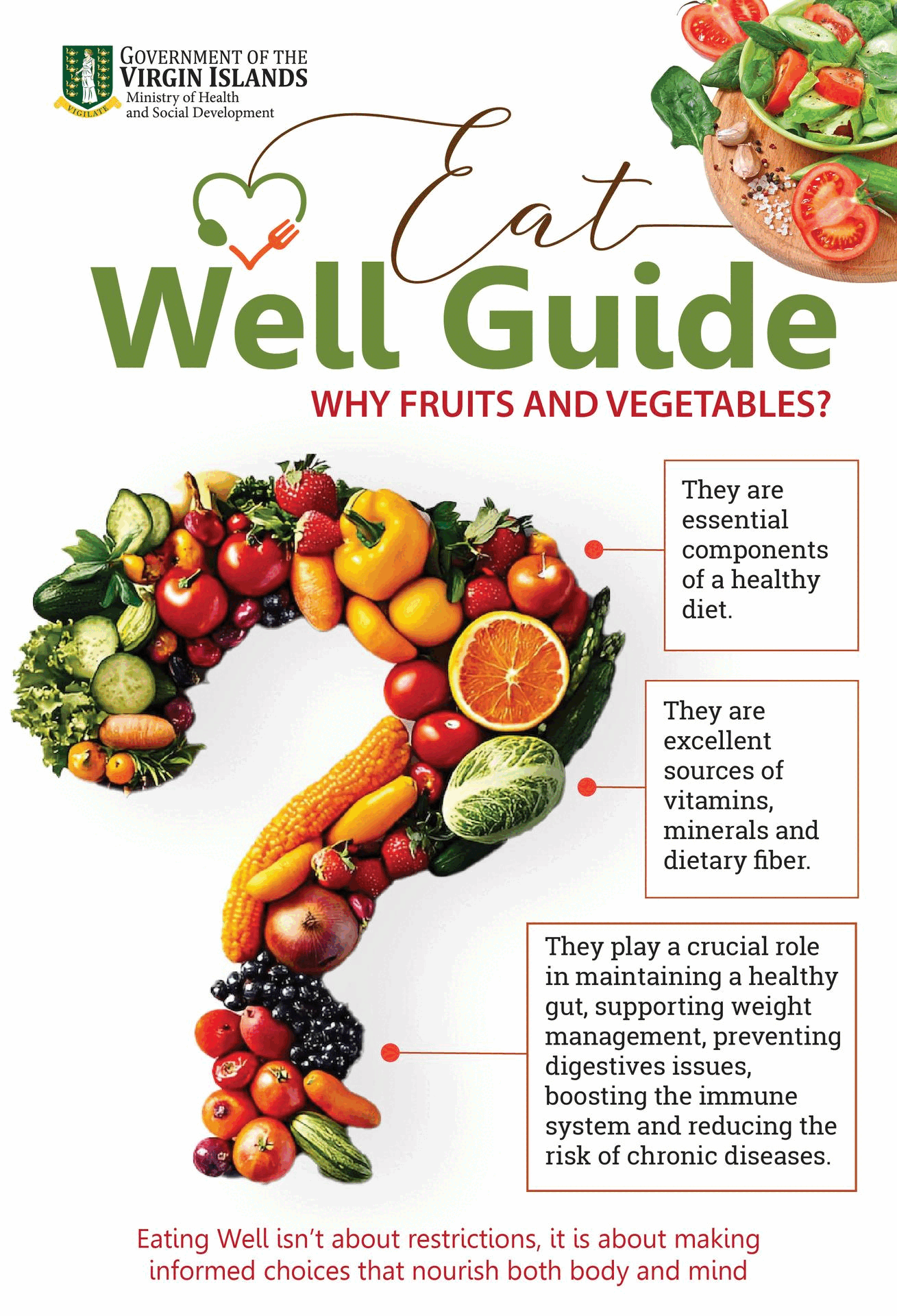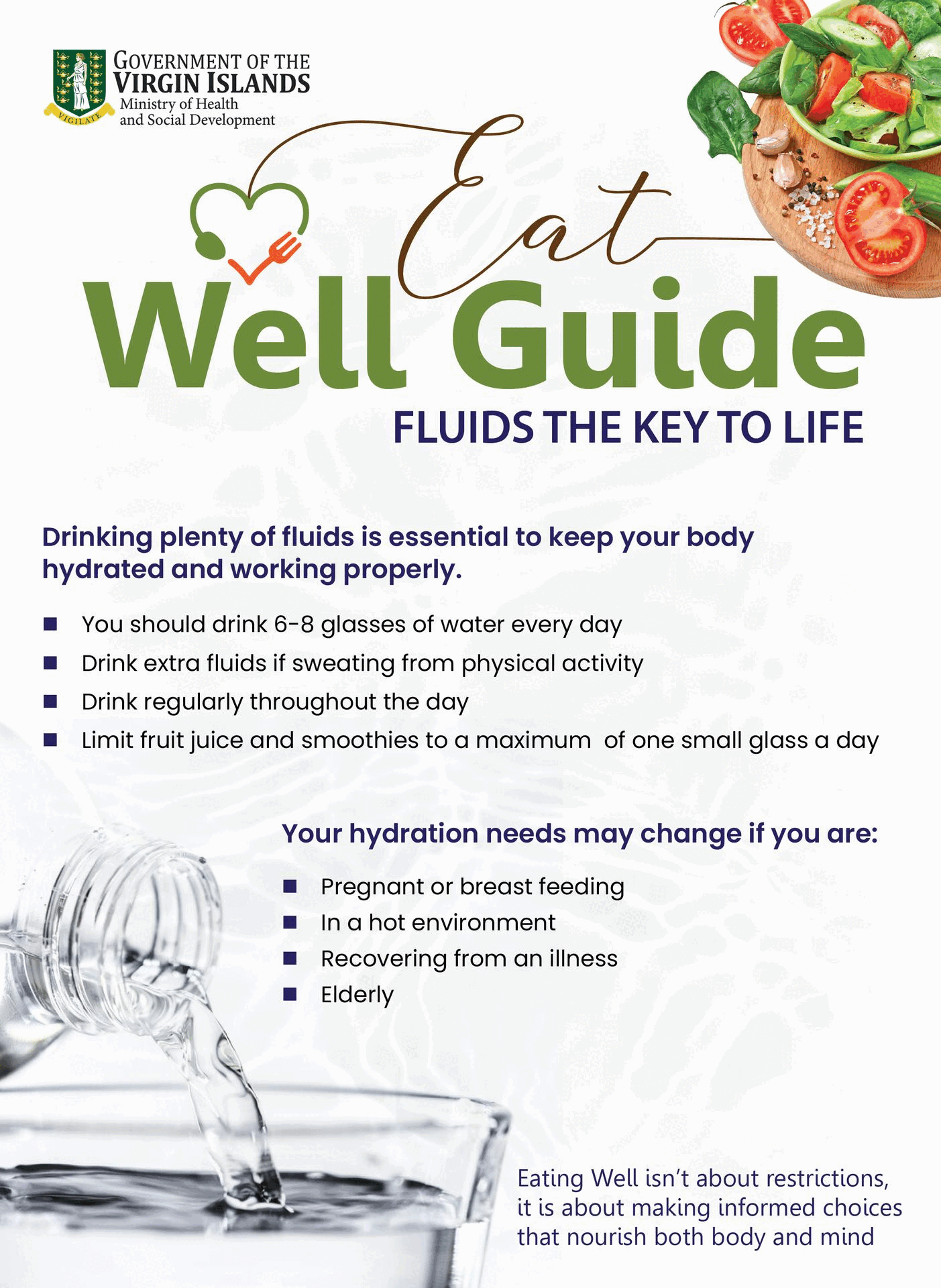The road from Soup Kitchen to El Dorado
Understanding the road to and from recession is critical for a Virgin Islands that must recover from three major natural disasters that beset the country in September 2017. Economics holds the solutions to a full recovery.
Now, the economics discipline has at core a model called the Economic Cycle. An appreciation for the economic cycle empowers policy makers with a macro understanding of the economy. An appropriate macroeconomic vision offers microeconomic solutions. A great economic vision leads to good micro economic planning.
Building a strong economy is synonymous with building a sturdy house. It is important to lay a good foundation, build solid walls, and ensure the roof is robust and storm resistant. The preceding will only happen if there is a well drawn out plan that emanates from a great vision of what the homeowner decides he or she wants as a safe dwelling house.
Now, the Economic Cycle is an odyssey every country takes in the management of scarce resources. The economic cycle lasts about 5 years but can be longer: 5-7 years. The cycle is a series of stages. All true western democracies inhabit the economic cycle which is a long winding road from economic contraction to economic expansion, then back to contraction.
The Classic Economic cycle begins at the end of one recessionary period. It proceeds through 4 stages, culminating in the beginning of another recession.
Stage One sees the economy coming out of a trough. This is where the Virgin Islands is presently. The country is in a disaster recovery mode. It is digging itself out of a recession caused by a major natural disaster. And Stage One is where the green shoots of recovery begin to appear. The Virgin Islands must look for these green shoots which will herald the long awaited start of economic recovery.
At this stage, credit, which is a key tool of recovery, begins to grow strongly, together with sales revenues and business profits. Banks are prepared to lend. The country starts to look and feel better. Consumer demand and business confidence, begin to stir. Residents appear more cheerful and optimistic. Both interest rates and inflation are low.
Recession is never in the interests of financiers. Bad loans, and home and car repossessions, are a feature of recession that impacts the banking industry negatively. Banks are businesses too. They make their profits from a healthy economy made up of solvent borrowers. Bad debts pummel banks just as terribly as bank customers.
OK. The green shoots of recovery appear as the economy rebuilds at stage two.
Stage two is the mid stage of the cycle. The Virgin Islands is two to three years away from stage two recovery in this “economist’s opinion.” Stage two is where consumer demand and business confidence grow much more strongly. Construction projects are well underway. Many projects are half complete.
It is at Stage 2 that employment rises strongly. Credit growth and profit growth follow suit. Interest rates begin to rise. Confidence in the markets increases. Inflation begins to rise. The economy is climbing a steep acclivity. The economy is on an upward curve.
Stage 3 is the Peak Stage. The Virgin Islands is probably five years away from Stage 3 growth. Stage 3 is where consumer demand and business growth has reached the highest point. This is the apex stage. The economy is at optimum point.
The summit stage, Stage Three, is where earnings pressure and wage inflation begin to be of concern to business managers. Inflation begins to take a toll on consumer confidence. Consumer demand peaks and then starts to decline. Profit growth ceases as consumer demand falls. Interest rates rise much faster than borrowers can manage as lending risks rise. Business confidence peaks as well as finance leverage numbers. Stage 3 sees Inflation at the highest stage. Stage 3 is the economic plateau.
At the start of Stage 4 recession begins. A second recession has begun. The economy once again begins to contract as credit and loans start to recede. Consumer demand and business growth are on a downward curve. Employers become weary. Consumers stop spending. Profits decline. There is rising unemployment and business failure. Business and consumer confidence declines. Inflation eases as stock remains on shelves.
Economic contraction post disaster, and notwithstanding which model followed by planners- austerity or stimulus- follows the pathway of the economic cycle as described in the preceding. It is important to assess the economic cycle as part of the economic planning process.
To be continued
Connect with Dickson Igwe on Facebook and Twitter






.jpg)

.jpg)









1.png)

.png)





















7 Responses to “The road from Soup Kitchen to El Dorado”
Further, it has been projected that the Gross Domestic Product (GDP) will decline in the near term. However, since it has only been one quarter since the Cat 5 hurricanes roared ashore, I will wait on a proclamation from government economist/Ministry of Finance on the state of economy at the end of the next quarter, indicating if the economy is growing or declining.
Moreover, knowledge and understanding of the business cycle is critical to effectively manage the economy. It details the state of the economy/stage of business cycle and drives what fiscal or monetary policies or other structural adjustments needed.